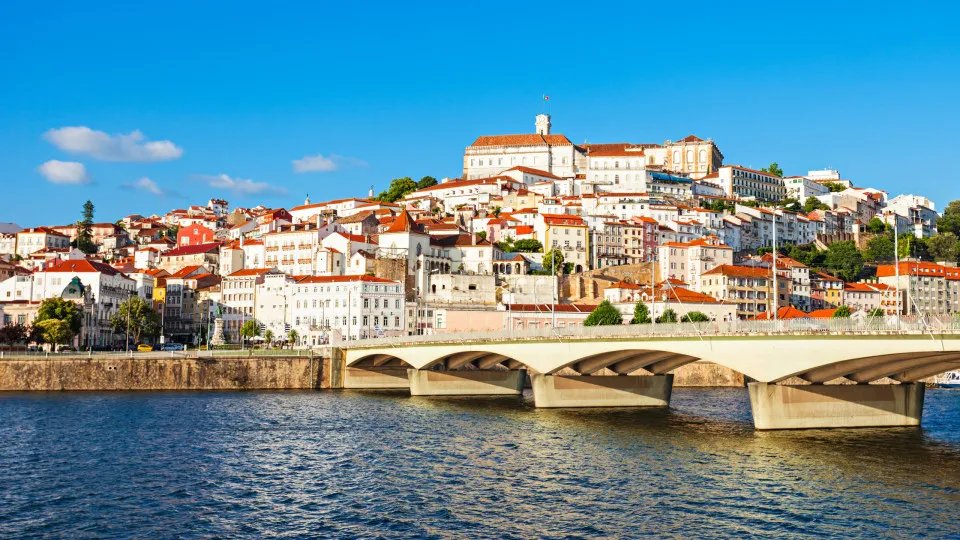
“We are modern societies because we are electrified, and therefore, ensuring the security of supply and competitiveness of our electric system is essential,” stated the president of Endesa, who is also present in Portugal.
“To achieve this, we need a robust and resilient grid, which requires significant investments as well as fair compensation,” said José Bogas in a statement.
The business leader argued that “it is crucial to have a diverse and competitive generational mix. For this, it is essential to review the taxation of nuclear energy to ensure its economic viability and to guarantee the security of supply in the coming years.”
In Spain, the political debate surrounding the blackout has focused on the push for renewable energies, advocated by Sánchez, at the expense of other generation sources, such as nuclear energy.
Spain operates five nuclear power plants that are scheduled to close between 2027 and 2029, following the decisions of governments led by socialist Pedro Sánchez, contrary to what the right-wing and far-right opposition support.
Critics of closing the nuclear plants have emphasized the majority role of renewables in energy supply at the time of the blackout, suggesting that this is the cause of the collapse, as renewable sources are more unstable and cause disruptions in the system.
In the same statement today, Endesa announced profits of 583 million euros in the first quarter of 2025, nearly double those recorded in the same period of 2024.




